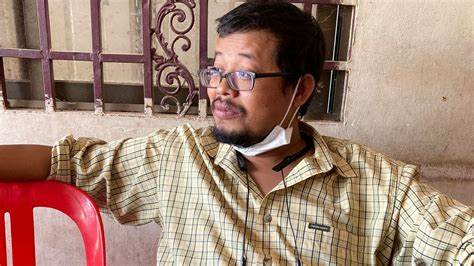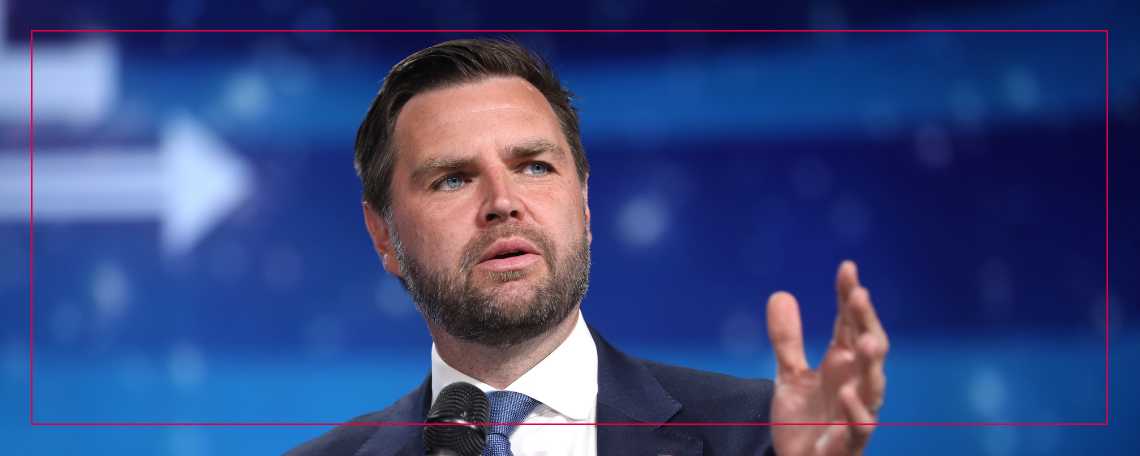
RT Still Reaching Europe: RSF Sounds Alarm Over Evasion of EU Sanctions
September 30, 2024
Silenced for Spotlight: Award-Winning Investigative Journalist Mech Dara Arrested in Cambodia
October 1, 2024September 30, 2024 – Haiti –
Republican vice-presidential candidate J.D. Vance has come under fire from press freedom advocates after promoting a fabricated story that sparked a wave of threats against journalists and immigrant communities in the United States. The controversy erupted in September 2024 when Vance repeated a baseless claim that Haitian migrants in Springfield, Ohio, were stealing and eating local pets. Despite the story having no factual basis and being debunked by police, Vance defended his use of the false narrative, stating he would “create stories so the American media pays attention.”
The consequences of this disinformation campaign were immediate and severe. Bomb threats flooded Springfield, Haitian residents received hate mail, and the New York-based newsroom of The Haitian Times—a leading outlet for Haitian-American issues—was directly targeted. Its editor, Macollvie Neel, was subjected to a “swatting” incident in which police were falsely summoned to her home under the pretense of an armed emergency. Staff received anonymous messages laced with racial slurs and threats, prompting serious safety concerns.
Reporters Without Borders (RSF) condemned Vance’s actions, warning that politicians who spread disinformation pose a growing risk to journalists. RSF noted that inflammatory rhetoric, especially when coming from figures in power, erodes trust in media and endangers those working to report the truth. The organization called on Vance to retract his claims publicly during the vice-presidential debate and to disavow violence against journalists.
This incident highlights a disturbing trend in U.S. political discourse: the weaponization of disinformation for political gain. Vance’s comments were not only untrue but openly admitted as intentionally provocative, revealing a strategic use of lies to manipulate public attention. The fallout illustrates how such tactics can trigger real-world harm, particularly for journalists covering vulnerable communities.
With press freedom already under strain in the U.S., the targeting of The Haitian Times underscores the urgent need for accountability from political leaders. As threats escalate from online slander to physical danger, solidarity with independent journalism—and a commitment to truth—is more critical than ever.
Reference –




